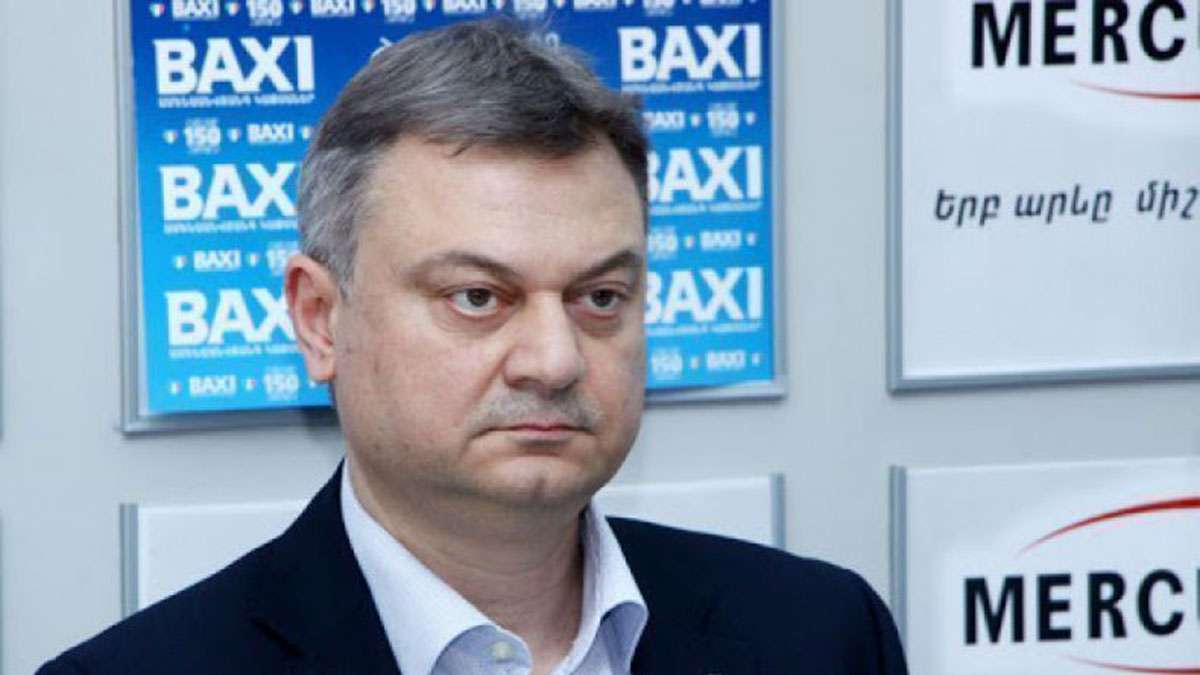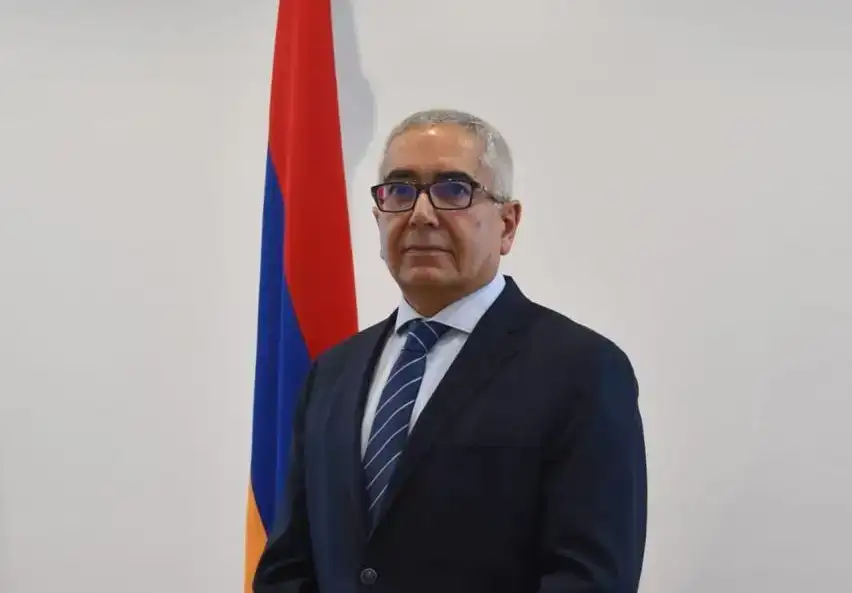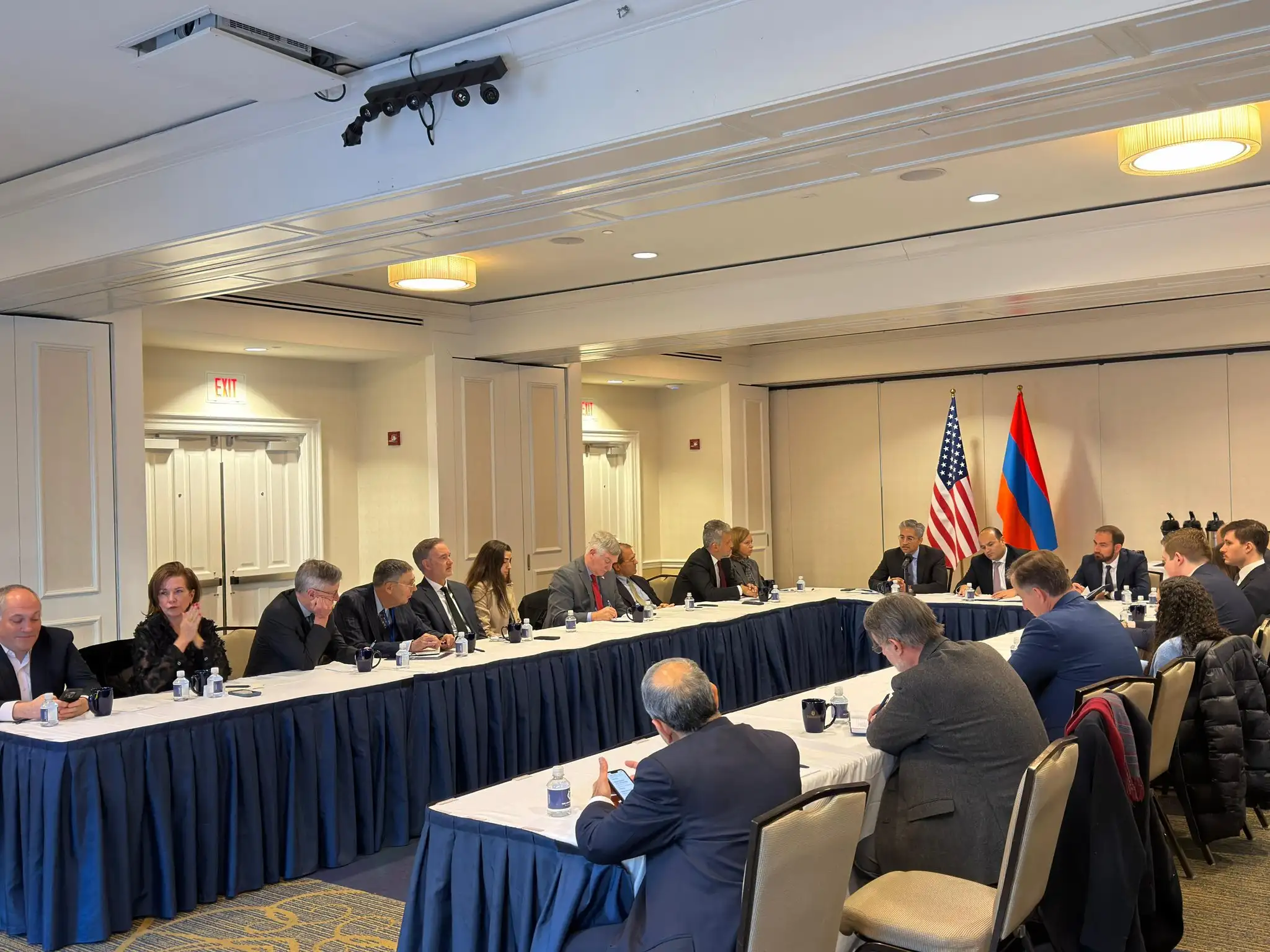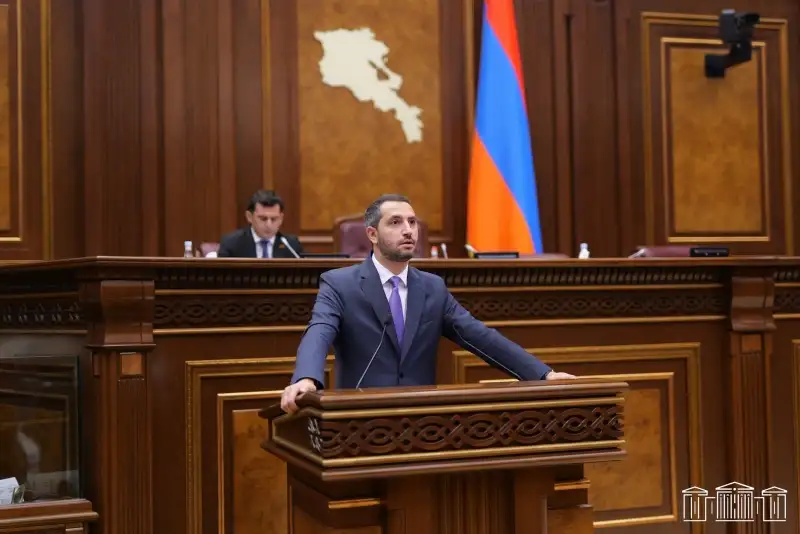Radar Armenia spoke with international scientist and analyst Shahan Gantaharyan about the developments taking place in the region.
- The Secretary of the Security Council, Armen Grigoryan is in the USA these days; he met the assistant of the President of Azerbaijan, Hikmet Hajiyev. Is there any movement in the process of regulating Armenian-Azerbaijani relations?
- At this moment, it is not realistic to expect any positive change. Unfortunately, there will be a shift when the Armenian side gives effect to the Azerbaijani demands. It is worth noting that the Azerbaijanis demanded the closure of the Berdzor corridor and the opening of an alternative route, which they got after attacking the Armenian regions. The same military-political behavior continues. They carry out aggression and invade the sovereign territory of Armenia to impose the delimitation-demarcation or, in their imagination, the "corridor."
- On October 2, the foreign ministers of Armenia and Azerbaijan will meet in Geneva. What are your expectations, and how do you evaluate this step?
- In this case, the meeting place outside Moscow is remarkable. Moscow is constantly trying to implement the agreed points within the framework of tripartite agreements. It implies continuing the work exclusively with the mediation of Moscow. What will happen in Geneva suggests that the demand for the return of the troops to their exit positions should be included in the delimitation-demarcation plan, which has received international resonance.
- The Russian side also declares that there is no mention of an "extraterritorial corridor" in the negotiations of the tripartite working group of deputy prime ministers. What is this talking about, and how to understand it?
- This is an approach of sticking to tripartite agreements, where the word "corridor" does not really exist. But it was established that Russian troops would monitor the security of the newly opened roads. The Russian approach is conditioned exclusively by the behavior of carrying out the processes with the Russian guarantee. And that is why reference is made to the legal, contractual documents, and tripartite agreements.
- In your opinion, in whose hands is the key to solving the problem?
- It is impossible to attribute the key's location to the solution to one side. The President of the Russian Federation says that the key to solving "border problems" is border demarcation with Russia's guarantee. The French president hinted at implementing the same process with the involvement of the United Nations and the OSCE. Washington spoke about its willingness to provide technical assistance to the process. Suppose we add that Iran also strongly rejects any change in its border status with Armenia, or Ankara correlates the region's peace and the normalization of Ankara-Yerevan relations with the milestones of the Yerevan-Baku peace agreement. In that case, we will get an idea of how much geopolitical significance they have acquired directly with us. Related processes. And a universal consensus is still not visible.
Hayk Magowan




















